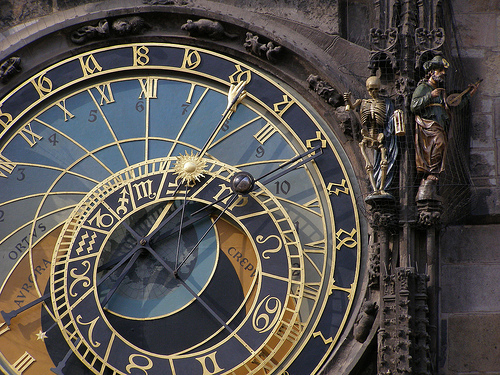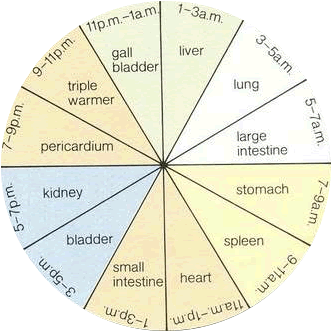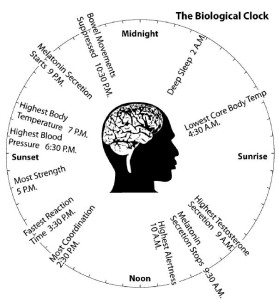
Manage Insomnia with Chinese Medicine
The impact of Insomnia on your health
Poor sleep leads to a host of concerns affecting both health and lifestyle. Such as:
- Mental health issues such as anxiety and depression
- Obesity and poor metabolism
- Heart disease
- Hypertension (high blood pressure) from the increased impact on cardiovascular health
- Lack of concentration
- Poor productivity
- Fatigue
- Low Immunity
How to manage insomnia with Chinese Medicine and natural remedies
In Traditional Chinese Medicine the 24 hour day is viewed in 2 hour blocks – such as 7-9am is when the energy of your stomach is the strongest (breakfast time!). 1-3am is liver time (when life is a bit stressful it impacts the liver so you’re awake thinking about the world’s problems at 2.30am).
If you are having trouble falling asleep, staying asleep, are restless, having unpleasant dreams or relying on sleeping tablets then consider some lifestyle adjustments listed below:
- Go to bed at the same time every night and before 10.30pm. Why? Our bodies have a sleep cycle every 90 minutes within a 24 hour day. Missing the window to fall asleep such as at 9.30pm, it is most likely that you will be awake until the next sleep cycle 90 minutes later.
- Avoid/reduce over-stimulating food such as hot peppers, alcohol, and coffee that overstimulate the nervous system causing an imbalance in the liver.
- Drink chrysanthemum tea – A light yellowish flower that has been used for thousands of years in Traditional Chinese Medicine for insomnia and liver health. Other sleepy time teas are also helpful – lavender, spearmint, hops and camomile.
- Get acupuncture to improve the quality of your sleep and general maintenance of your health and wellbeing. Acupuncture also puts our body back into the ‘rest and digest’ (parasympathetic state) where healing, proper rest and feelings of wellbeing reside. A 2016 study showed that “Acupuncture compared to sham/placebo and pharmacotherapy showed statistically significant results in a systematic review for sleep quality in people with insomnia, with further studies need to support the efficacy of acupuncture for sleep”.
- Herbal medicine prescribed by a registered practitioner. Herbs can be very powerful sleep aids that don’t tend to have the same issues with side effects as more conventional pharmaceuticals.
- Remove electronics from your room, as well as turning off bright lights such as the blue light on your phone/ipad 1 hour before bed.
- Do regular exercise, both high intensity and low impact. Preferably in the morning as afternoon evening exercise can keep you awake from all of the endorphins flowing. Sunshine in your eyes also activates Melatonin (a hormone that regulates sleep and wakefulness).
- Try a mediation and/or yoga class to bring awareness to your self. Both are fantastic for clearing your head and breathing into your abdomen – it will help bring your attention away from anxious thoughts. Both are considered “a practice”, meaning you make them a regular part of your life.
- Avoid icy cold drinks. According to Traditional Chinese Medicine your body has to work extra hard to heat up the icy cold water you are drinking, which is also over-stimulating your body to cause you to stay awake.
- Walk around barefoot will naturally get you feeling grounded and reconnects you with yourself. In Chinese Medicine, massaging the meridian points on the feet are correlated with sleep.
- Write down your thoughts/to-do lists before bed or earlier on in the day so that if you do wake up during the night, your mind doesn’t automatically start thinking about all the things that need doing the next day, week, month.
- Clean your sleep environment – declutter, dust and dirt removal, clean bed linen regularly and don’t sleep with your pets. Cats are known for running around the house at 2am!
- Manage other health concerns – sleep disturbances due to pain, itching, asthma or other breathing disturbances are not considered true insomnia. These issues must be treated to allow a restful night’s sleep.
 Hi, I’m Tanya, an Acupuncturist and Chinese Medicine practitioner in Nambour on the Sunshine Coast, Queensland Australia. I practice Chinese medicine because its safe, logical, relevant and has effectively shown methods of natural wellness for thousands of years (read more about my training here). Life doesn’t need to be complicated and nor does the treatment approaches to get people feeling vibrant and well. I’ve seen people gain a lot from treatments, much more than just alleviating symptoms. It’s exciting to connect with people and share deep wisdom from the classics of ancient and traditional medicine, with modern protocols for todays mind-body living. See you in the clinic !
Hi, I’m Tanya, an Acupuncturist and Chinese Medicine practitioner in Nambour on the Sunshine Coast, Queensland Australia. I practice Chinese medicine because its safe, logical, relevant and has effectively shown methods of natural wellness for thousands of years (read more about my training here). Life doesn’t need to be complicated and nor does the treatment approaches to get people feeling vibrant and well. I’ve seen people gain a lot from treatments, much more than just alleviating symptoms. It’s exciting to connect with people and share deep wisdom from the classics of ancient and traditional medicine, with modern protocols for todays mind-body living. See you in the clinic !
For more information about how I can assist your health and manage insomnia with Chinese medicine, you can contact me or you can now book online.
Research:
- JL Shergis, X Ni, M L.Jackson et al. A systematic review of acupuncture for sleep quality in people with insomnia, Complementary Therapies in Medicine, Vol 26, June 2016, p 11.20.
- Gao, Xiyan, Cuixiang Xu, Peiyu Wang, Shan Ren, Yanli Zhou, Xuguang Yang, and Ling Gao. “Curative effect of acupuncture and moxibustion on insomnia: a randomized clinical trial.” Journal of Traditional Chinese Medicine 33, no. 4 (2013): 428-432.



